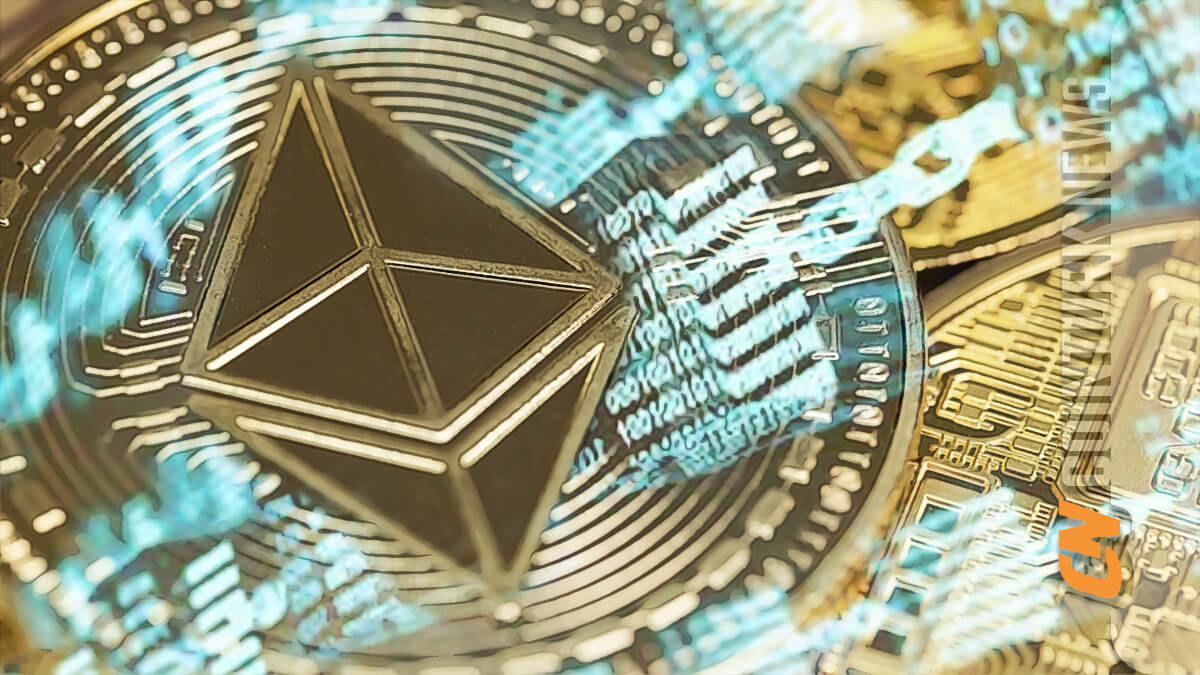A DEX (decentralized exchange) operates in a non-centralized manner, serving as a type of cryptocurrency exchange. There is no central authority or intermediary for transactions on DEX. Instead, a DEX or decentralized exchange uses a peer-to-peer (P2P) network allowing investors to directly trade cryptocurrencies with each other.
Decentralized exchanges operate using a blockchain-based protocol that allows the storage, swapping, and interaction with cryptocurrencies through smart contracts that automatically execute transactions. Smart contracts are self-executing contracts that facilitate, verify, and apply the terms of an agreement between two or more parties. They are used to eliminate the need for intermediaries, reduce costs, and increase efficiency in transaction processes.
In a DEX, the order book and trading engine are hosted on a decentralized network that allows the transactions to be carried out securely and transparently. This decentralized architecture ensures the exchange is not vulnerable to risks of centralized exchanges such as hacking, fraud, and insider trading.
Furthermore, DEXs are resistant to censorship and provide full control to the users over their funds without requiring them to surrender control of their private keys to a central authority. This makes DEXs appealing to users who prioritize privacy, security, and autonomy over their assets.
However, decentralized exchanges are still in the early stages of development and have some limitations. For instance, DEXs have lower liquidity and slower transaction times compared to centralized exchanges. This is because decentralized networks require consensus among nodes, and reaching this consensus can take longer than in centralized systems. Despite these limitations, decentralized exchanges have gained significant popularity in recent years due to the increasing demand for decentralized finance (DeFi) applications. DeFi is a movement aiming to create a decentralized financial system offering open and transparent financial services accessible to everyone, operating on blockchain technology. Decentralized exchanges are a critical part of this movement, providing a secure and decentralized way for cryptocurrency transactions without reliance on central intermediaries.
There are numerous decentralized exchanges in the market. One of them is the dYdX exchange. dYdX is a leading decentralized exchange with a mission to create open, secure, and powerful financial products. You can access the dYdX exchange via this link and benefit from a 5% discount on all transaction fees valid for life. After clicking on the link, you can start transactions immediately by connecting your Metamask wallet.
You can refer to our “What is a Decentralized Exchange (DEX)?” article for information about Metamask. Currently, safe trading of about 40 of the most widely used cryptocurrencies such as BTC, ETH, SOL, MATIC, XLM, LINK, ATOM, and EOS with USDT is possible on dYdX.









